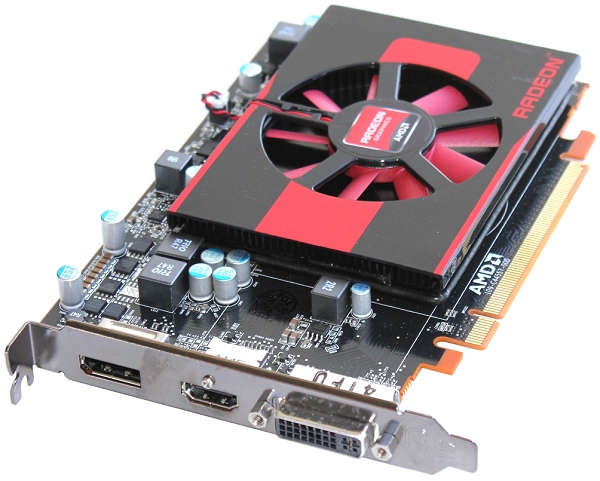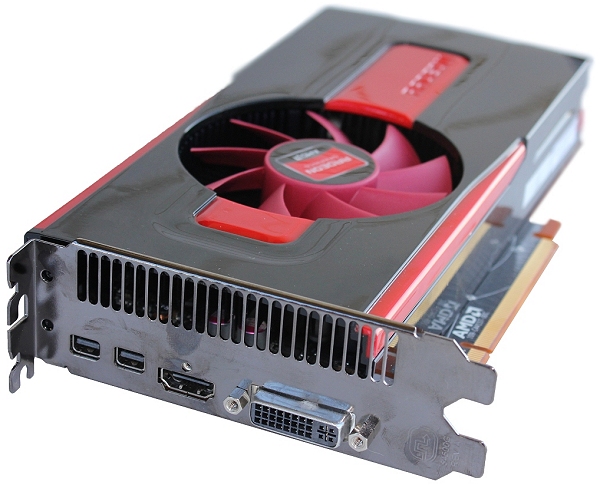Final Thoughts
Although it's a bit anemic for enthusiasts, the Radeon HD 7750 is an exciting new option in the sub-$200 territory and it should become a popular choice among budget gamers at $110. In the half dozen games we tested, the HD 7750 averaged 18% faster than the HD 6750 and it should become available at the same price. Compared to the GeForce GTX 550 Ti, the HD 7750 was about 2% slower (almost a rounding error right there), it will also be ~$20 cheaper and consume 30% less power, so its small performance deficit is justified.
While we're overall impressed with the HD 7750, we acknowledge that some users might be a little disappointed with the card's showing, namely because it's not faster than the GTX 550 Ti in most cases, so it won't force Nvidia to make price cuts in the near future.

The pricier Radeon HD 7770 delivered 26% more speed than the HD 6770, but that's a bit misleading as the HD 6770 is a shameless rebranding of 2009's HD 5770. Because the GTX 560 smokes the HD 6770, we were hoping the HD 7770 would be at least 50% faster than its predecessor. That isn't the case unfortunately and, in fact, the new arrival couldn't tackle the GTX 560 either, averaging 18% slower frame rates.
We thought it was odd AMD avoided comparing the HD 7770 to the GTX 560 in its press material, but now we know why.

Based on current pricing, the HD 7770 is at best 15% cheaper than the GTX 560, though some cards are selling for as little as $170, making the HD 7770 only 6% cheaper. Considering those figures, we can't see how anyone could justify purchasing the HD 7770. Its only redeeming feature is that it consumes nearly 30% less power under load, but most gamers would prefer the extra performance to power savings.
We believe the lackluster performance stem from the HD 7700 series' limited 128-bit bus, which results in a paltry 72GB/s bandwidth – less than the HD 5750 had and far less than the GTX 460. This makes the HD 7700 cards an unattractive prospect for serious gamers, though the HD 7750 has its merits.
